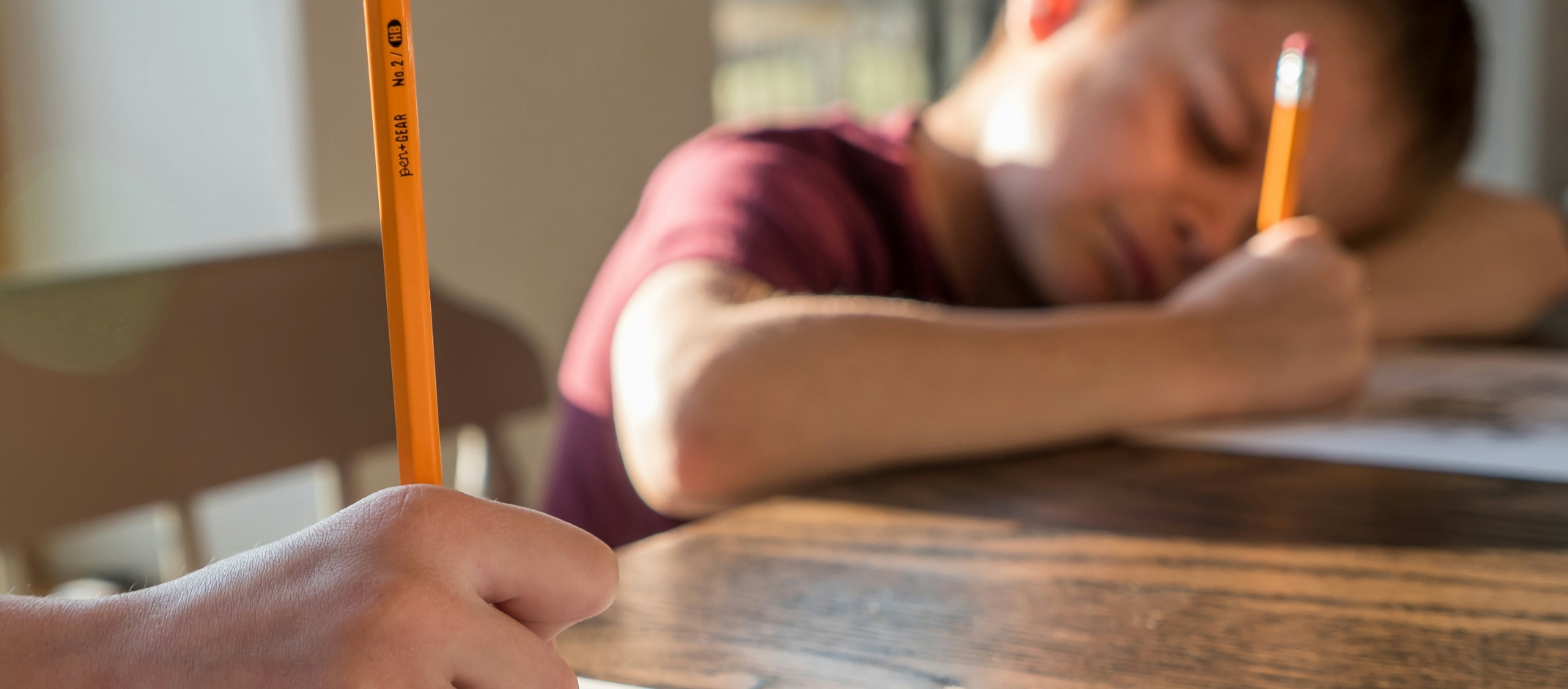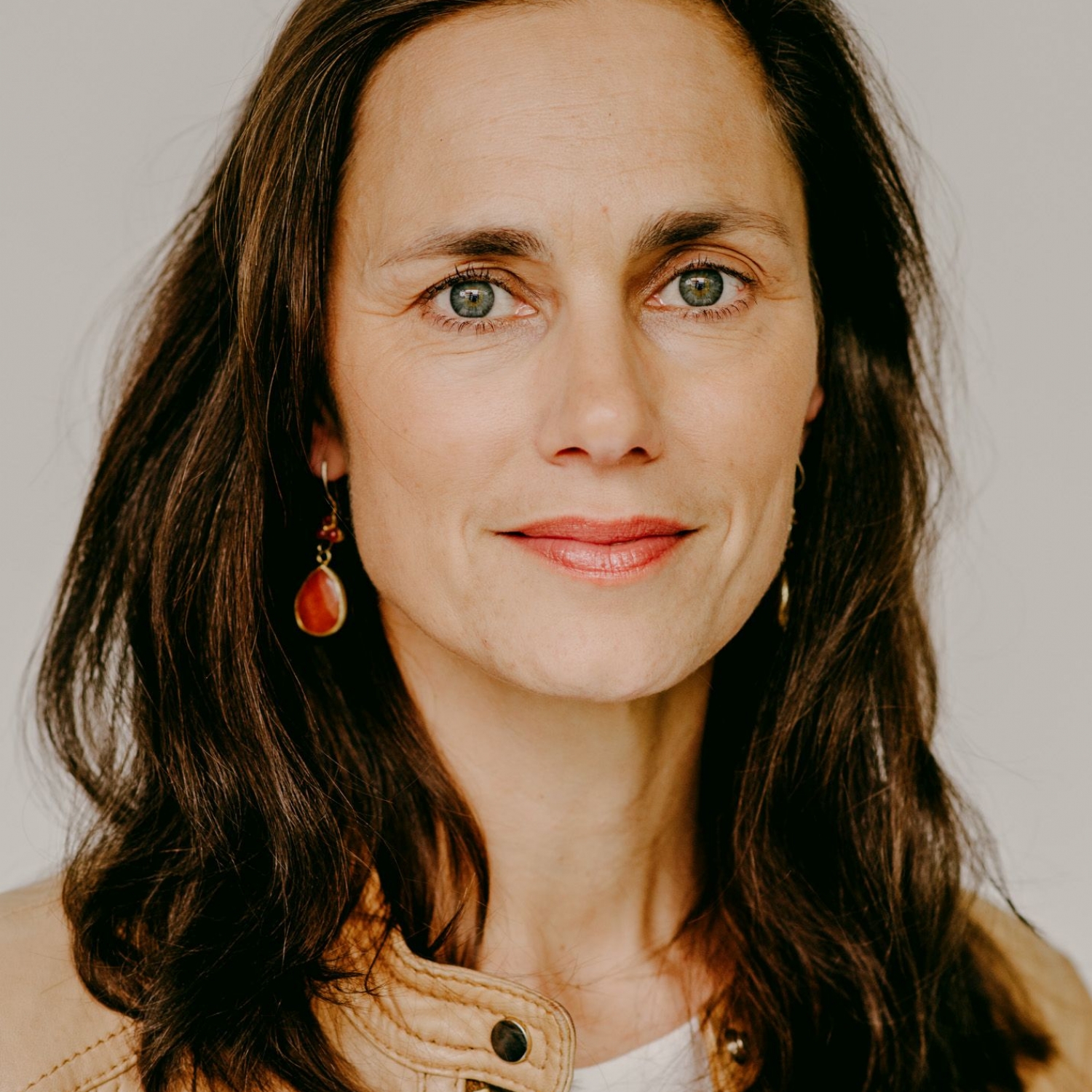When research questions emerge from your own life

Let’s talk about your professional profile: You’re a professor of applied microeconomics. Where does your fascination for this subject come from?
Christina Felfe: In my doctoral research on the "Female Labor Supply", I investigated why women earn less money than men. I quickly realized that it isn’t women generally who earn less, but mainly mothers. When I started my dissertation, I wasn’t aware I would need microeconomics, and econometrics specifically, I kind of stumbled into this a bit naively at the time. But I needed a theory, plus statistics, I had large data sets – all these things that can be processed with the tools of microeconomics and econometrics.
So what brought me to microeconomics was my interest in social issues such as the gender pay gap or a better integration of children with a migration background. I believe these questions can only be answered if you have a theory that comes from a micro perspective, that is, from the individual. Econometrics, then, is the means to that end.
You recently investigated how school closures during the coronavirus pandemic affected the mental health of young people. How did you come up with this topic?
My doctoral supervisor used to say that her research was always shaped by her personal circumstances. My life circumstances, like those of many others, changed radically in March 2020. I suddenly had three children at home, and the entire network of formal and informal childcare we had painstakingly built up collapsed overnight. And yet you were expected to be in the lecture hall or, in my case, the virtual lecture hall, working full-time, providing childcare and homeschooling – and that just wasn’t possible. I reached my limits and could hardly sleep at night at first.
I couldn’t sleep because I was so outraged and indignant at the way people were being treated, often based on arguments that just didn’t hold up. Of course, I saw and understood that the pandemic was a big unknown in the beginning. But children, young people, and families were the first parts of society to be affected and the last to be allowed to return to normal life. I spent many sleepless nights trying to understand the personalities of the politicians who made these decisions.

"At some point I said to myself, maybe I need to transform this destructive energy into con-structive energy and do some research on this topic. "
Christina Felfe de Ormeño
The results of that study were quite striking and received a lot of media coverage. To put it provocatively, why do we need a social science perspective on this topic?
We said from the outset that we would not do any research on the pandemic itself. We are not epidemiologists, and we don’t want to do anything where we can’t also describe the causal relationships between policies But the polices that were adopted in response to the pandemic not only had medical or economic consequences but also social, educational, and behavioural impacts. And that’s where I think social scientists can make an important contribution. We wanted to examine the specific collateral effects of certain policies, and school closures were an obvious choice. All German states were quick to shut down their schools, but their re-opening strategies varied widely. Depending on the grade level, type of school, and state, children and young people returned to school at completely different times. This enabled us to precisely compare the effects of this policy and to look at the well-being and mental health of young people.
Our colleagues in the field of child psychology had already collected the data; we then contributed the statistical expertise needed to link this data to the specific policies. Ultimately, that was exactly what I wanted to achieve with the study:
"If we ever find ourselves in a situation like this again, we should have learned from the past and consider not only a policy’s potential to contain the pandemic but also the damage it can cause. As social scientists, we certainly cannot fight pandemics, but we can make evidence-based scientific recommendations for the policies that were adopted."
Christina Felfe de Ormeño
How does the Cluster of Excellence factor in your research and how does it benefit your work?
The cluster is unique for me in the sense that it provides me with contacts and expertise from other disciplines. I have these contacts in my own discipline, of course, but interdisciplinary contacts are not always so easy to come by. The cluster gives me the opportunity to work on my research topics from an interdisciplinary perspective. I also feel like my colleagues in the cluster are really interested in my research, and I receive a lot of support for my projects. Again and again, this gives me the opportunity to explore topics that are not necessarily at the core of my own research.
Your colleagues and students will be reading this interview. What would you like to share with them from your journey?
My path has never been straightforward, but ultimately it has always been my own. Interestingly, looking back now, it all makes sense, and each part was important. But there were many hurdles in between, many detours, many stumbling blocks. Now I am where I feel really comfortable and where I feel I can learn a lot from my colleagues and the people at the University of Konstanz. At the same time, I also hope to contribute a lot myself, I think it’s an excellent fit.
This text is an excerpt from an interview originally published in In_equality magazine No. 6 "(In)equality of Opportunities" from the Cluster of Excellence "The Politics of Inequality".
The interview was conducted by Annalena Kampermann.
Copyright portrait: Ines Janas
